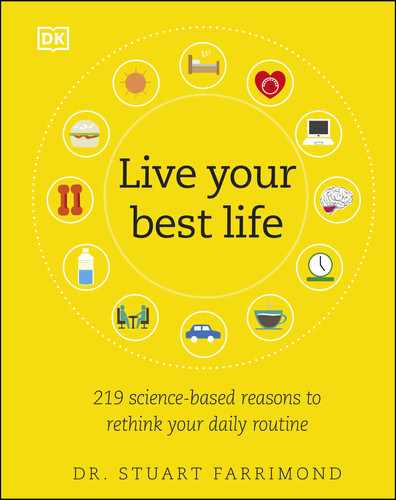How Can I Improve My Memory?
Some people are gifted with an elephant-like memory, others with a Dory-like recall. The key to a better memory is to repeat, repeat, repeat, with a touch of emotion.
The photographer of the “documentary” that is your life story is an inch-long, slug-shaped region in the brain called the hippocampus, nestled within the head of the coiling snake of the emotional limbic circuit. Your emotions—good and bad—are the gatekeeper of what makes it in and what gets left on the cutting-room floor. You won’t remember what you ate for breakfast last Wednesday because it wasn’t exciting, but if your lover got down on one knee to propose to you that morning, the fact you were eating a bowl of oatmeal at the time will be forever remembered, as clear as day.
That’s why dry lectures, dreary news bulletins, and boring books leave your head almost as soon as they are over. You’ll forget an arbitrary fact—such as 1769 being the year French ruler Napoleon Bonaparte was born—by the time you turn the page because it has no significance to you. However, if you love all things locomotive, then you may have noted to yourself that this was the same year that the steam engine was invented, making Napoleon’s birthday easier to remember. The frontal lobe pathways for new memories and information will sprout from your established memory patterns, much like a new branch budding from an old grape vine.
Crucially, memories are packaged into long-term storage only once you have brought them back to mind at least once. Everyone loves stories—they are the linchpin of our understanding of the world, and we often entertain friends with fond memories that begin with “remember the time when …” and reminisce with family over tales from childhood. Each time you recall the memory, its neural pathways become strengthened and thickened and more likely to weather the passage of time.
Your memory is at its worst when your body clock is slumping. For most of us, this will be the late afternoon and early evening; however, for night owls this is the morning.
Even though memories are famously fallible, you can look to the box to the left for tips and tricks on how to improve your everyday recall. The tips might even help you study for an exam or remember key information at work.

Want a super-memory?
1
Keep a diary to record memories as soon as possible after the event, before they are contaminated by emotions or misty recollections.
2
Tell stories, because repeating anecdotes to others will help form very strong memories by tying positive emotions to them, making the memory more likely to stick in your long-term stores.
3
Create mind maps to make visual connections between pieces of information that you want to learn. The more connections you make within a topic, the more likely you’ll retain information.
4
Try rhymes to create associations between letters or numbers and physical objects. (One = bread bun, Two = leather shoe, Three = oak tree, etc.)
In extreme events—such as a violent assault, abuse, or life-threatening accident—memories can be kept in such harsh focus that they bubble to the surface and haunt us for years. They become part of post-traumatic stress disorder (PTSD), the hallmarks of which are vivid and distressing flashbacks, nightmares, and bouts of anxiety.
